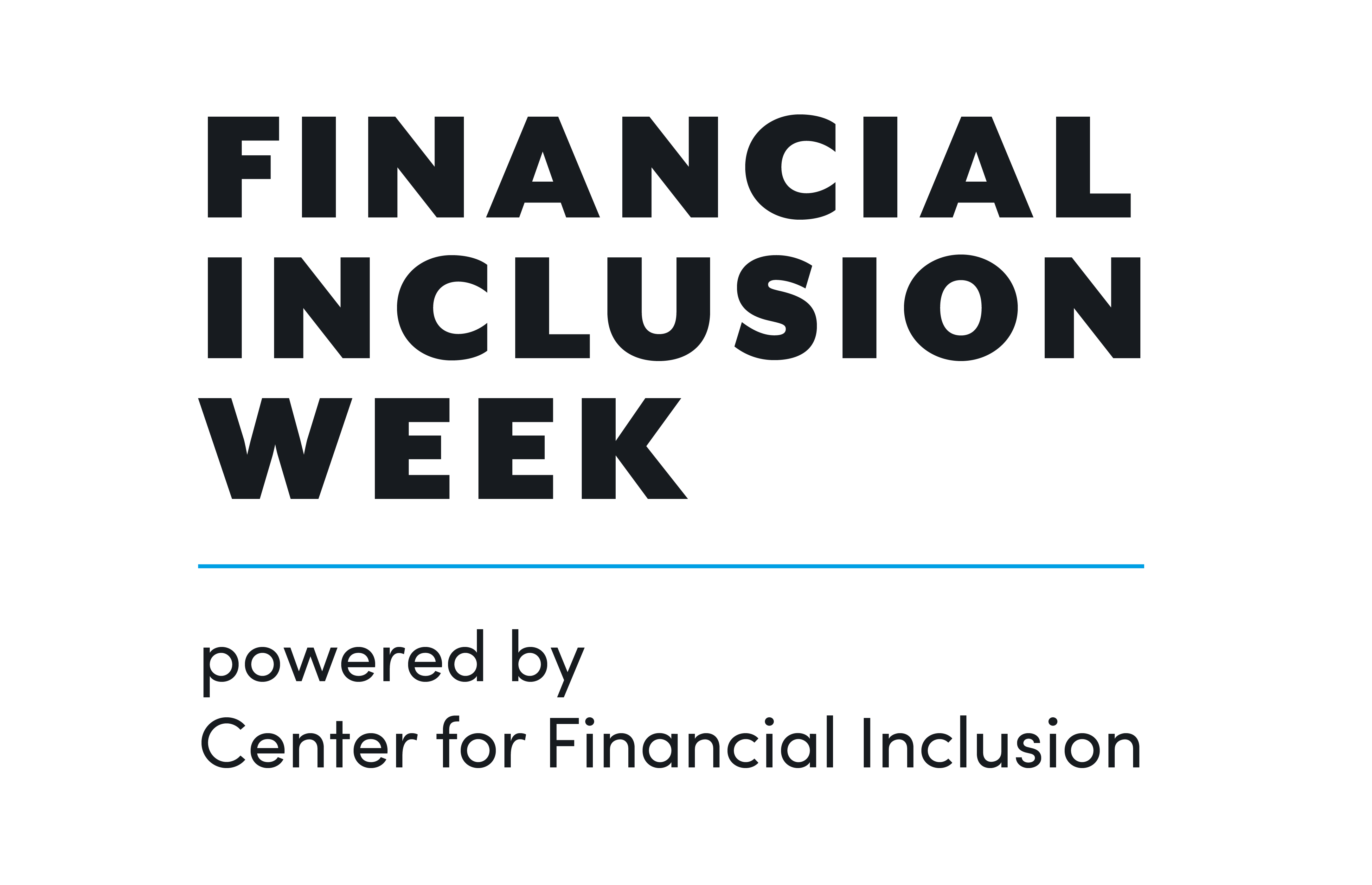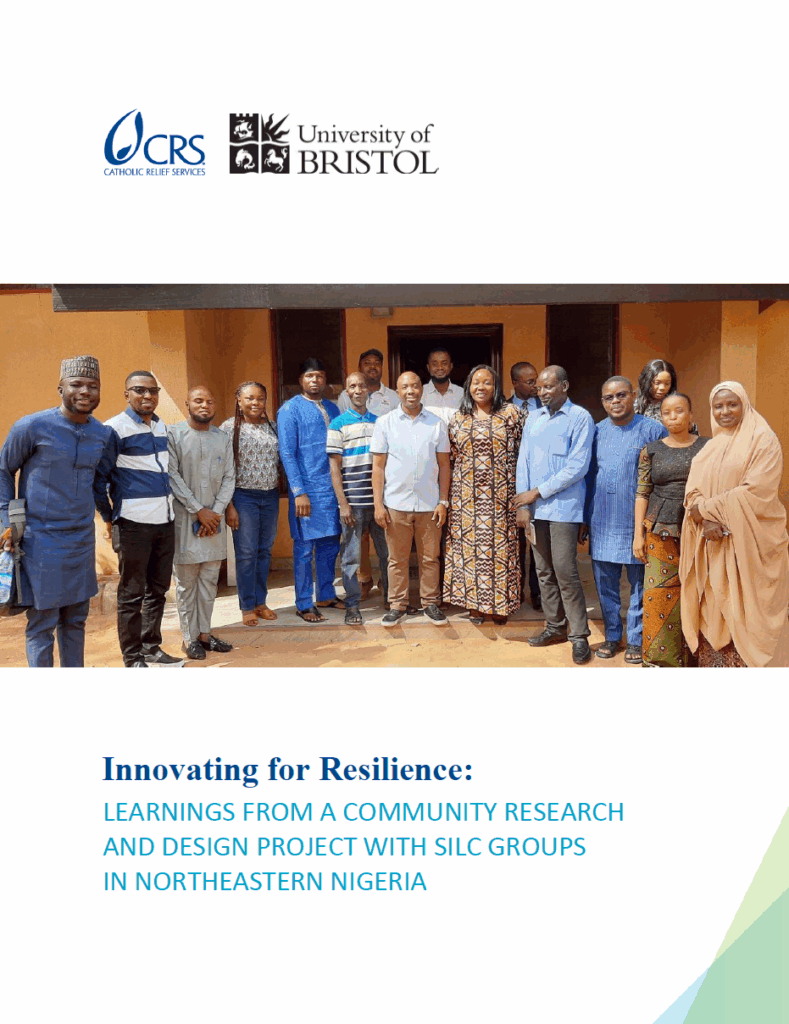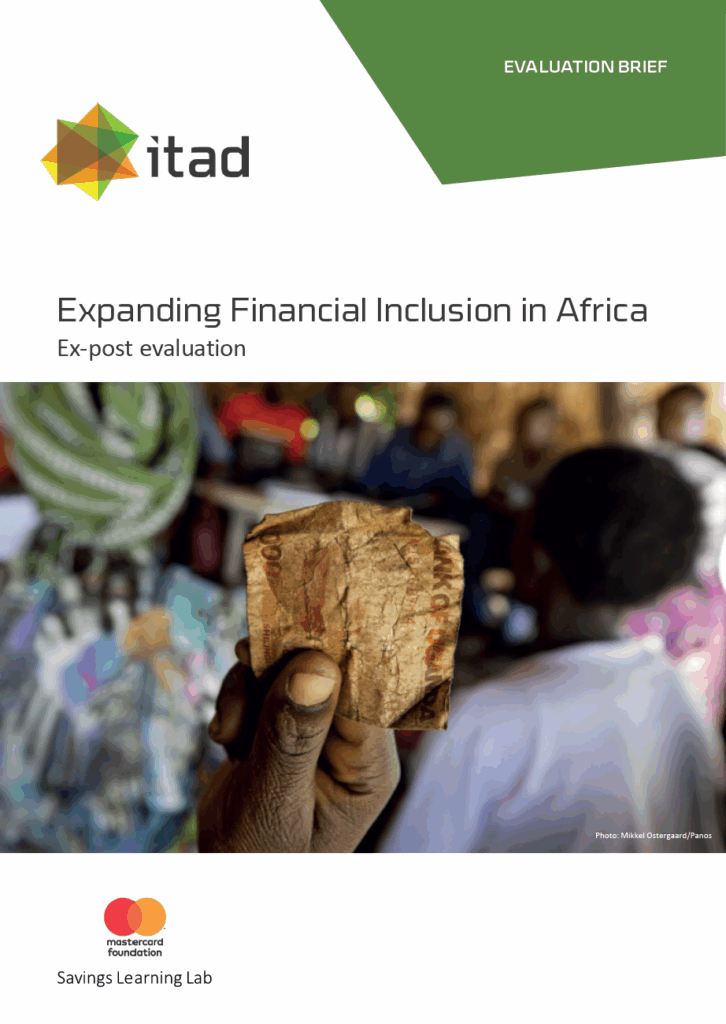The Center for Financial Inclusion held the 8th annual Financial Inclusion Week (FIW) on October 17-20, 2022. This year’s forum convened actors in the field of inclusive finance to share ideas and research under the theme “Inclusive Growth in a Digital Era.” All sessions are available on the FIW website. While every session is informative, we’ve curated the sessions most relevant to the work of the DSG Hub and linked them here:
- DSG Hub – Savings Groups in the Digital Era
- VSLA Digital CARE Package
- Crafting Digital Savings for Women: Lessons from an Experimental Study in Uganda
- Data Driven Design for Inclusive Growth in the Digital Era Eswatini Case Study
- Applying a Gender Lens to Digital Transformation in Africa
- For Women’s Digital Financial Inclusion, We Need Champions
- Bank Accounts in Place, but Digital Access Awaits: Access Barriers for Women from the Global South
- Accelerating Fair Digital Finance: Consumer Needs and Risks in Digital Finance
- Advancing Cybersecurity and Financial Inclusion
- GEDSI Mainstreaming to Accelerate Inclusivity Toward Digitalization
- Inclusive Growth in a Digital Era: Priorities for the Future
The full playlist of 2022 FIW live and on demand sessions can be accessed via this link.




